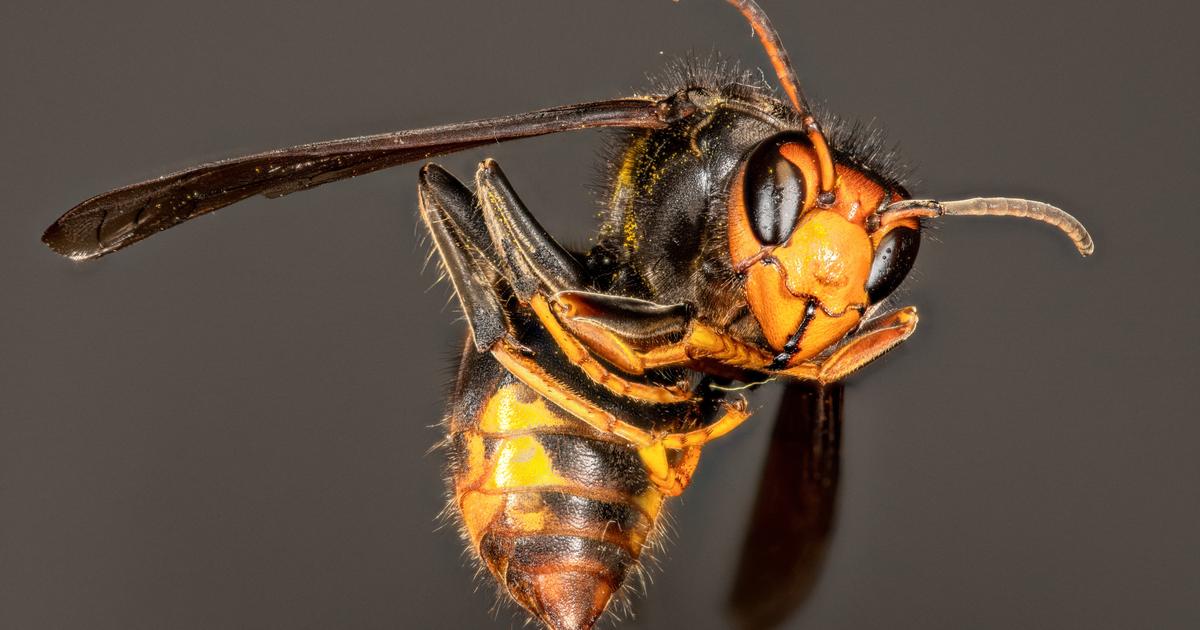Small, indispensable pollinators, sentinels of
fundamental biodiversity for the planet
: the ecosystemic function of bees is fundamental since bees and other pollinators allow many plants to reproduce, including numerous food crops.
May 20 is World Bee Day, to raise public awareness of their importance and the threats they face and their contribution to sustainable development.
There is, among many, an association that deals with environmental protection and scientific dissemination through bees, called
Buono Aps
. Protection of natural spaces for the survival of wild bees, the association carries out conservation and research activities, planting plant essences suitable for wild pollinators and creating apiaries and bee hotels in protected natural areas. The bees thus find safe shelters and their presence guarantees the health of the surrounding environment thanks to the work of pollination. Other initiatives are linked to
3Bee
, an agri-tech startup that with the project "
Adopt a 3Bee hive"
, connects beekeepers (more than 123 beekeeping companies in Italy, in continuous expansion) who can sell their honey through the platform, making their reality and their product known throughout Italy (40 tons in the last year alone) . But not only because it has patented a Hive-Tech monitoring device, which has provided beekeepers with a tool for remote control of bees, giving them the opportunity to always keep them under control and to intervene in a targeted way in case of anomalies and unexpected events, proposing itself as a new way of doing beekeeping. The “Pollinate the Planet” project involved more than 50 companies that have adopted 200 beehives throughout Italy and, now, also in Europe.
And what can we citizens do?
Cities represent the main source of environmental pollution and as such are the places that more than others must contribute to the protection of nature by becoming more ecological and sustainable to become the cities of the future.
Sow flowering plants on balconies, windowsills and terraces to provide city bees with food available during their active period.
- Read also
From farm to bees the good practice of social farming
-
Read also
Ungardening, how to transform a green space into a paradise for bees and flowers
Buono's first activity was the installation of the
apiary
“I # 20BUONI” at the LIPU Castel di Guido Oasis to promote the conservation of the ecosystem thanks to pollination by bees and at the same time monitor it. Bees are in fact excellent bioindicators (living organisms able to give us information on the health of the environment in which they live) and thanks to the annual analyzes it is possible to know the quality of the environment in which the apiaries are installed. “Honey bees and solitary bees are important pollinators - explains Carlo Taccari, President of the association - at the basis of life on earth and a healthy natural environment. They allow plants to reproduce and support complex food chains ensuring the survival of birds and mammals, including us humans, contributing to the production of about a third of the food we eat every day.Today's challenge is to protect them in a constantly changing and threatened environment. Responsibility begins with the commitment of all of us. "
From 20 to 26 May, the proceeds from the sales of the Charity Pot face and body cream and the Grassroots perfume in all Lush stores and on it.lush. com will be entirely donated to them for the construction of a
Beehotel
which aims to welcome all the wild pollinators of the Bosco di Manziana area. The project will focus in particular on solitary bees, less known than honey bees but whose ecosystem function is fundamental for biodiversity.
The Beehotel in the Bosco di Manziana:
a wellness center for bees
The presence of wild pollinators is essential for maintaining the stability of the ecosystem. To counter their drastic decrease, the beehotel project was born near the Bosco di Manziana. Bosco Macchia Grande di Manziana is one of the largest forests of Turkey oak and farnetto in Upper Lazio: here the beehotel will welcome bees in a favorable environment, where they will be able to find resources such as food, water thanks to the
Beewatering area
and a nesting site. . The project also aims to create a foraging area with perennial medicinal plants, to guarantee the pollinators food throughout their period of activity.


/cloudfront-eu-central-1.images.arcpublishing.com/prisa/WTBKRDIX6ZE3LORP2WWAXVTQMQ.jpeg)





